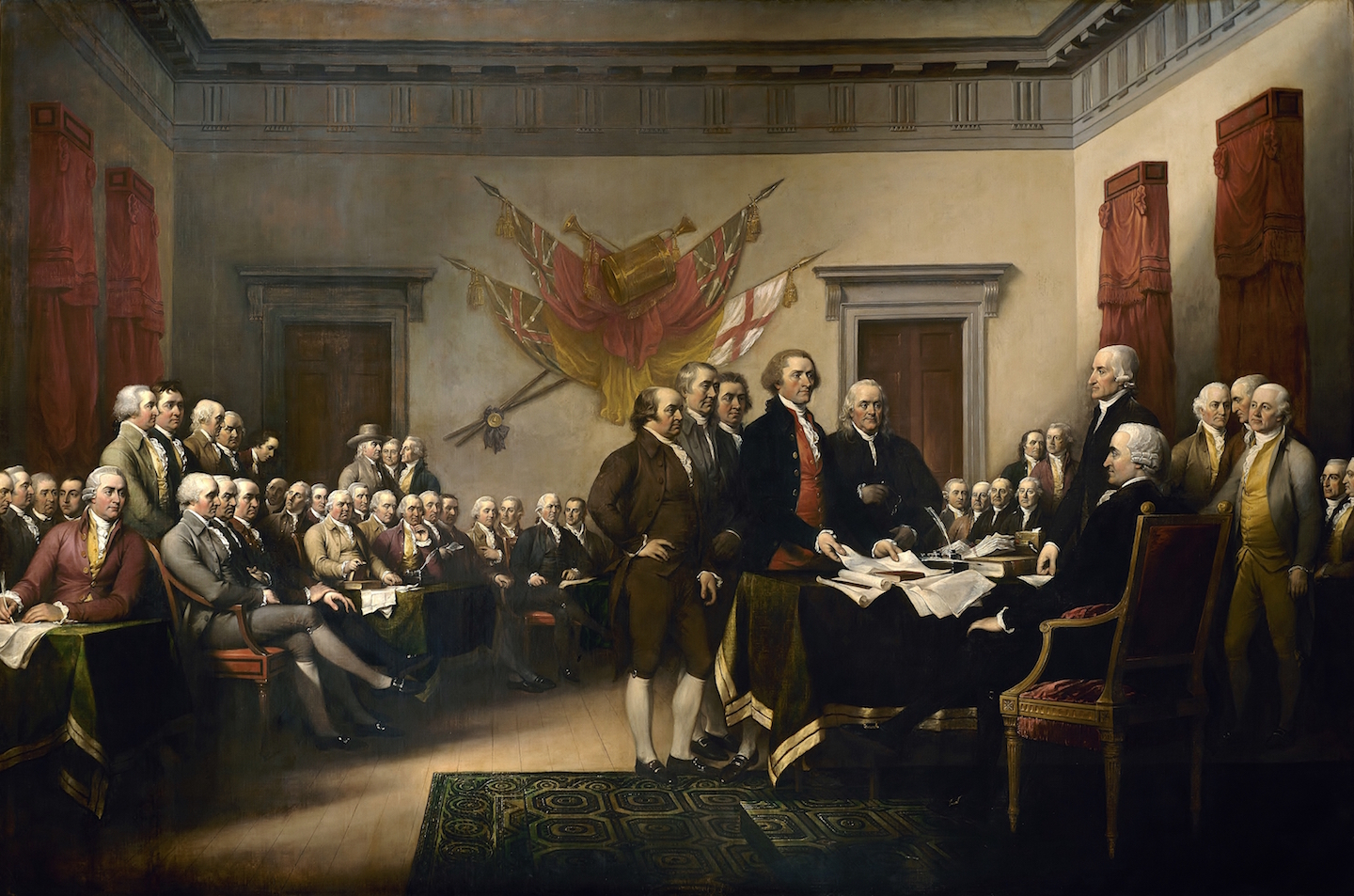
Advertisement
The National Security Agency (NSA) is considering the idea of obtaining data from Internet-connected biomedical devices like pacemakers, Richard Ledgett, the NSA’s deputy director said at a June 10 convention in Washington, D.C. “We’re looking at it sort of theoretically from a research point of view right now,” he said during a 2016 Defense One Tech Summit.
Ledgett described biomedical devices like pacemakers as “another tool in the toolbox” of the snoops. He said he concurred with a statement that the information that could be obtained from biomedical instruments would be a “signals intelligence bonanza.”
“As my job is to penetrate other people’s networks, complexity is my friend,” he said. “The first time you update the software, you introduce vulnerabilities, or variables rather. It’s a good place to be in a penetration point of view.”
Infiltrating systems is just another way of violating the rights granted by the Fourth Amendment. The Fourth Amendment to the Constitution states that, “The right of the people to be secure in their persons, houses, papers and effects, against unreasonable searches and seizures, shall not be violated, and no warrants shall issue, but upon probable cause, supported by oath or affirmation, and particularly describing the place to be searched, and the persons or things to be seized.”
The Internet of Things
Since pacemakers are not papers, however, the federal government is claiming they are not guaranteed by the Fourth Amendment’s mandates.
Ledgett isn’t the only who is excited about the information that could be obtained from the Internet of Things. During a hearing in February, Director of National Intelligence James Clapper claimed internet-connected electronics could aid with “identification, surveillance, monitoring, location tracking and targeting for recruitment, or to gain access to networks or user credentials.”
In a letter to Senator Ron Wyden (D-Ore.), Clapper highlighted some devices that NSA could hack, including “a refrigerator, a washing machine, or a child’s toy,” to seize data from a surveillance target.
Given the heads of these major organizations are admitting that they are creating equipment to keep tabs on sensitive data from medical instruments and private conversation from toys, it is clear U.S. elected representatives do not care about the Constitution.
States’ rights advocate and Founding Era jurist St. George Tucker noted the importance of the Fourth Amendment: “The constitutional sanction here given to the same doctrine, and the test which it affords for trying the legality of any warrant by which a man may be deprived of his liberty, or disturbed in the enjoyment of his property, can not be too highly valued by a free people.”
Sources:
Submit a correction >>
This article may contain statements that reflect the opinion of the author
Advertisement
Advertisements















